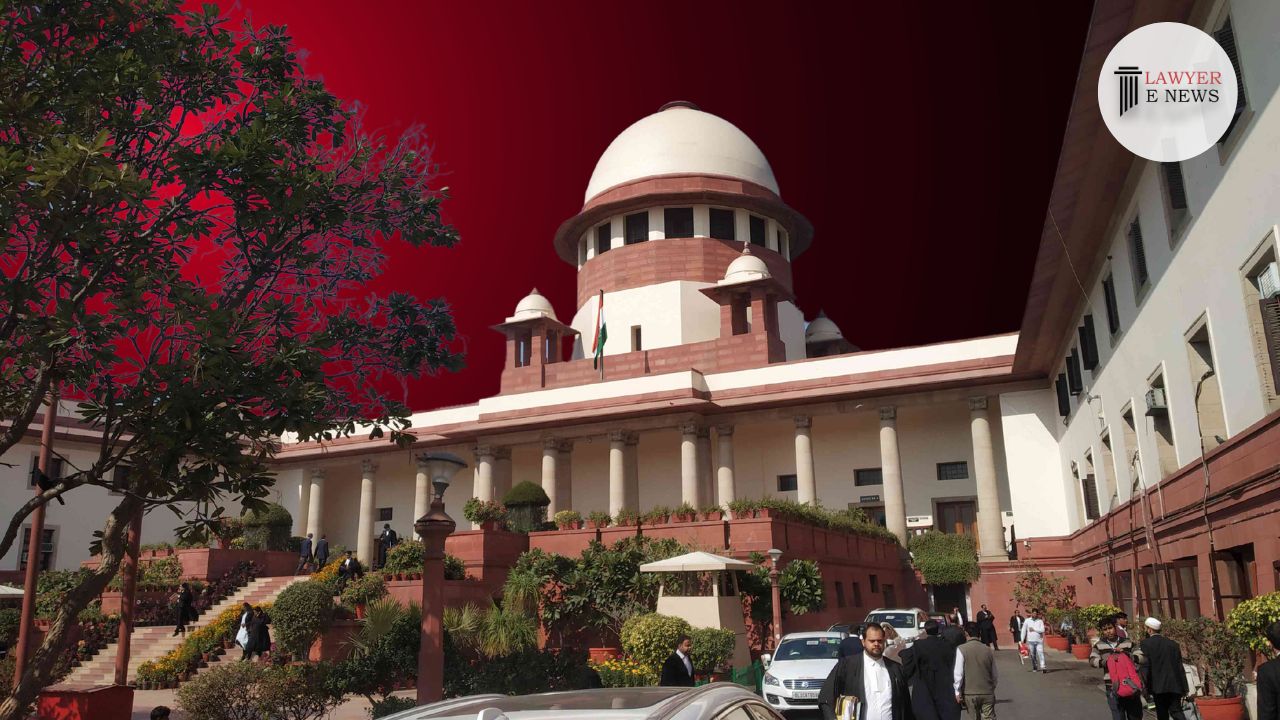-
by Admin
15 February 2026 5:35 AM



The Supreme Court in its recent judgment has underscored the legal validity of a dying declaration as a sole basis for conviction in murder cases, emphasizing its credibility when it is found to be coherent, consistent, and made without any tutoring, prompting, or influence.
Facts and Issues: In this case, the victim, Shahin Parveen, suffered a fatal burning incident on December 1, 2016. She accused Pappi @ Mashkoor, her brother-in-law, and two others, Naeema (Pappi's wife) and Naeem (Naeema's brother), of setting her on fire. The dying declaration of the victim was the central piece of evidence. The primary issue was the credibility and sufficiency of the dying declaration to convict the accused without corroboration.
Credibility of Dying Declaration: The court meticulously reviewed the dying declaration and noted its recording by Raj Kumar Bhaskar (PW-5), under the supervision of medical officers confirming the victim's fitness to testify. The Court affirmed the declaration's reliability, ruling that it was made voluntarily, consciously, and without influence.
Conviction of Pappi @ Mashkoor: The court found that the dying declaration specifically attributed the act of setting the victim ablaze to Pappi @ Mashkoor. It established his direct involvement in the crime, leading to his conviction based solely on the dying declaration.
Acquittal of Co-Accused: In contrast, the dying declaration did not sufficiently demonstrate the specific roles of Naeema and Naeem in aiding the crime. Hence, due to the absence of explicit evidence against them, the court extended the benefit of doubt, leading to their acquittal.
Decision: The Supreme Court acquitted Naeema and Naeem due to the insufficiency of evidence against them in the victim's dying declaration. However, the appeal of Pappi @ Mashkoor was dismissed, upholding his conviction based on the reliable, voluntary, and coherent dying declaration of the victim.
Date of Decision: 5th March 2024
Naeem Versus State of Uttar Pradesh
